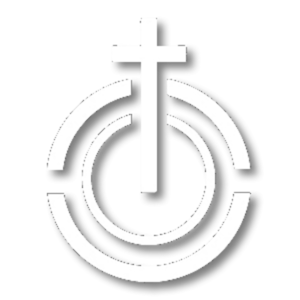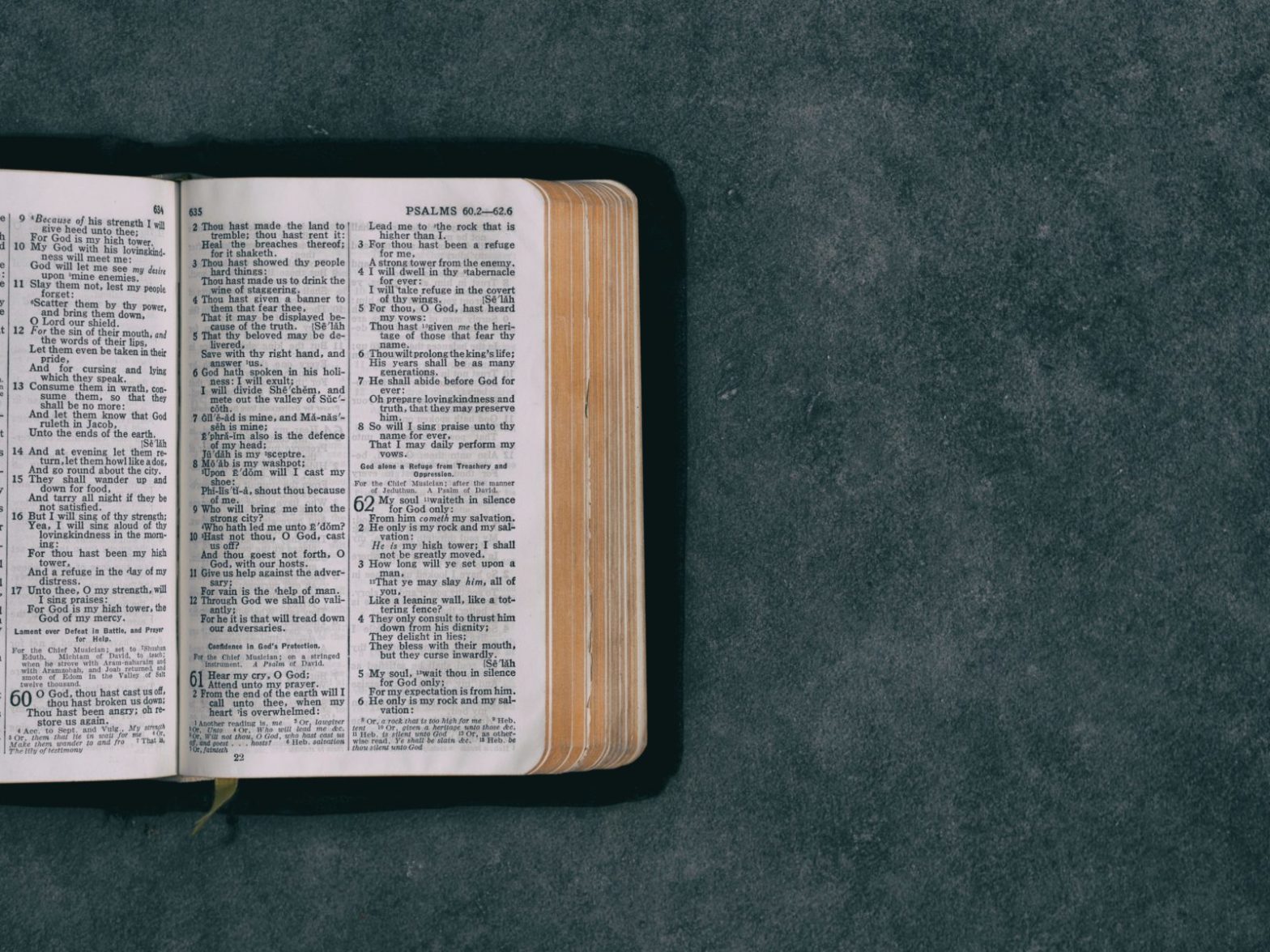- God’s final act part 2
- God’s final act part 1
- Working together part 2
- Working together part 1
- Hope fulfilled part 2
- Hope fulfilled part 1
- Hope promised
- Kings and Prophets
- The Law of Moses part 2
- The Law of Moses part 1
- God’s message to the world
- The Fallout
- God’s response to our choice
- The Fall
- Paradise
- Creation: The Big Picture
by, Isam Itson III
Isaiah 1:16-20 – Wash yourselves; make yourselves clean; remove the evil of your deeds from before my eyes; cease to do evil, 17 learn to do good; seek justice, correct oppression; bring justice to the fatherless, plead the widow’s cause. 18 “Come now, let us reason together, says the Lord: though your sins are like scarlet, they shall be as white as snow; though they are red like crimson, they shall become like wool. 19 If you are willing and obedient, you shall eat the good of the land; 20 but if you refuse and rebel, you shall be eaten by the sword; for the mouth of the Lord has spoken.”
The rulers of Israel who led the people after the death of Moses eventually built a prosperous nation. For hundreds of years they celebrated their religious heritage as God’s chosen people who were blessed and protected by God. But they lived their daily lives by their own wisdom. They built their kingdom for their own benefit at the expense of the powerless and the poor within their society. The leaders of Israel trusted in their military strength, and worshipping the gods of the powerful nations that surrounded them.
On the big public holidays they paid tribute to the God of Israel. They continued to offer sacrifices to God at the Temple like the Law of Moses commanded them to do. But they entrusted their day to day practical concerns to the gods of the powerful nations around them. As a result there were many people within Israel who were ignored by the prominent and powerful people who were supposed to look out for them.
So God sent special men, his prophets, to call the rulers to account for their self righteousness, injustice, and immorality. “Remember how much God loves all of us and start acting like it! Start loving your neighbor like yourself and stop taking advantage of their weakness. If you don’t, God will humiliate you and take all of the wealth and power that you depend upon away from you.”
The prophets called the kings to trust in God rather than their military strength and to stop trusting in the gods of the prosperous nations around them. The prophets called the nobles and wealthy merchants to honor God’s love for his people by serving the needs of the poor, the widows, and the fatherless.
What was the response of the kings, the rulers, and the merchants to the message of the prophets? No. “We will keep serving God our way. We will keep celebrating his Holy Days and making the daily sacrifices. But we will keep going about our day to day business our own way. God is blessing us and the poor are getting what they deserve. If God loves them so much, why are they poor? If God is so upset with us, why are we doing so well?”
Eventually the prophets were proven right. God judged the nation of Israel for their persistent self righteousness, injustice, immorality, and empty religious rituals. The Hebrew Bible, what followers of Jesus Christ call the Old Testament, ends with the people of Israel, the children of Abraham, God’s chosen people, living under oppressive foreign rulers. Why? Because they did not trust God with their lives enough to commit themselves to honoring God’s love for one another with every fiber of their being and every ounce of their strength.
In response
1. How do my daily actions and habits express a trust God to meet my most basic present and future needs?
2. How do my daily actions and habits express a practice of serving the needs of others as a way of life?

